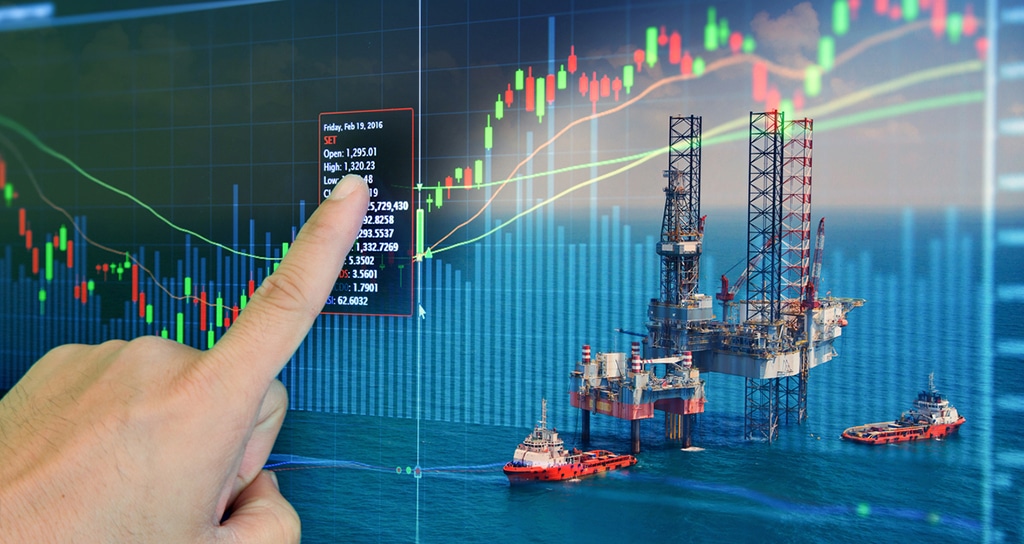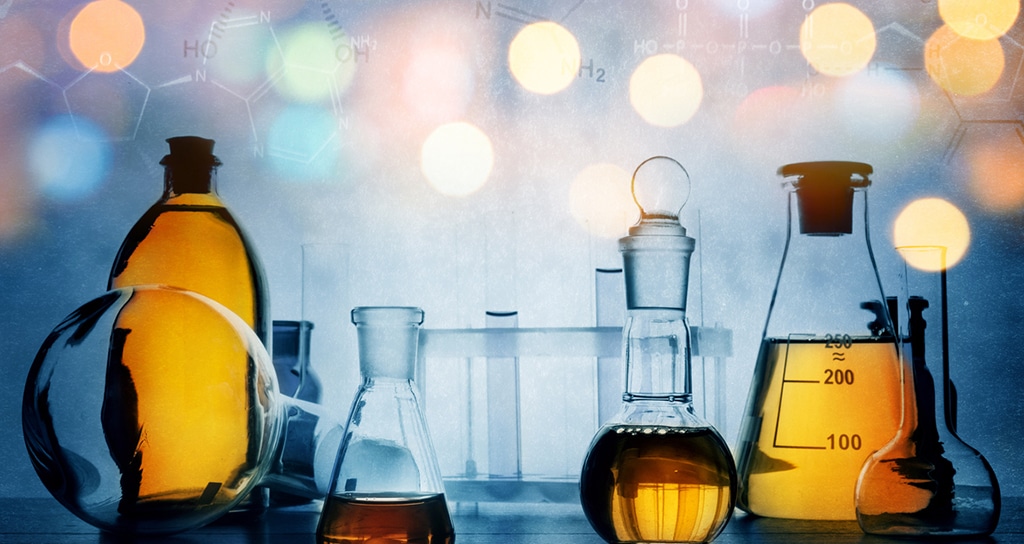

Energy, Chemistry, Environment
To reduce CO2 emissions, decarbonise, improve the energy efficiency of industrial processes, find new sources and reserves of energy and design new molecules, companies are facing a number of technological challenges and are investing €5 billion a year in R&D.




